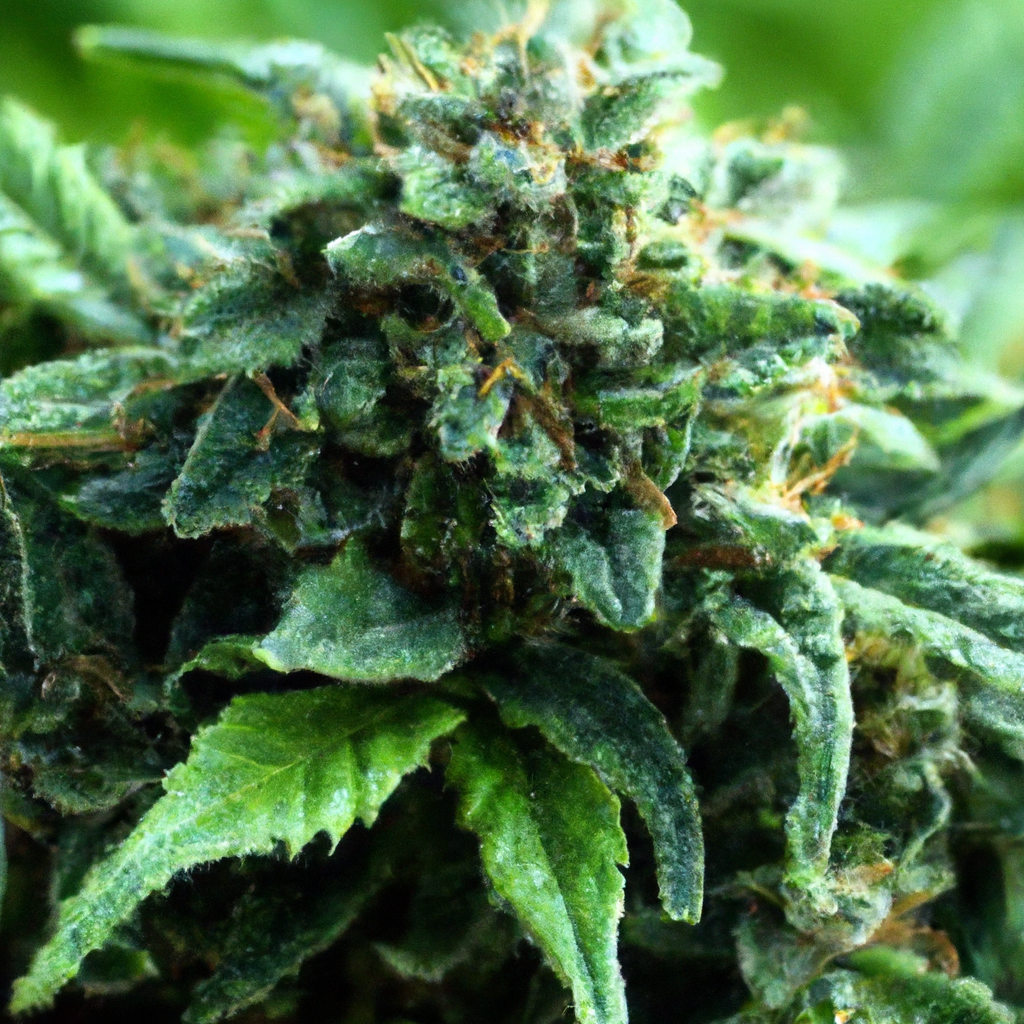Your cart is currently empty!
In an era where sustainability and eco-friendliness are becoming crucial in every industry, the world of cannabis cultivation is no exception. Organic cannabis cultivation not only reduces harmful chemical impacts on the environment and the end consumer but also enhances the quality of cannabis. Here, we delve into the organic practices that lead to a thriving, sustainable cannabis garden.
Building a Robust Soil Ecosystem
The foundation of successful organic cannabis cultivation is healthy soil. A vibrant soil ecosystem provides essential nutrients and fosters strong plant growth. Here are some tips to cultivate rich, organic soil:
- Composting: Create a compost pile with kitchen scraps, yard waste, and other organic materials. This not only recycles waste but enriches the soil with natural nutrients.
- Beneficial Microbes: Introduce mycorrhizal fungi and beneficial bacteria to your soil. These microbes help with nutrient uptake and promote plant health.
- Cover Cropping: Use cover crops like clover or alfalfa which fix nitrogen in the soil, improving fertility and preventing erosion.
Nourishing Your Plants Naturally
Instead of synthetic fertilizers, organic cannabis cultivation relies on nature’s bounty to feed the plants. Here are top natural fertilizers to consider:
- Fish Emulsion: This liquid fertilizer is rich in nitrogen and is particularly beneficial during the vegetative growth phase. It aids in robust leaf production.
- Bone Meal: High in phosphorus, bone meal supports strong root systems and is beneficial during the flowering stage.
- Seaweed Extract: A great source of trace minerals and growth hormones, seaweed helps boost overall plant health.
Organic Pest Control Methods
Dealing with pests in an organic cannabis garden requires a proactive approach. Here are strategies to naturally keep pests away:
- Companion Planting: Plant herbs like basil and marigolds which repel common pests. They act as natural deterrents and complement the growth of cannabis.
- Diatomaceous Earth: A fine powder that is harmless to humans but deadly to insects. Sprinkle it around plants to deter slugs and other soft-bodied pests.
- Neem Oil: This natural oil acts as a pesticide and fungicide. Spray plants weekly to protect against pests and diseases.
The Benefits of Growing Organic Cannabis
From an environmental and consumer perspective, organic cannabis cultivation offers significant advantages:
- Environmental Impact: Organic practices reduce chemical runoff, protect local biodiversity, and promote sustainable agriculture.
- Healthier Product: Consumers benefit from cannabis that is free from synthetic chemicals, resulting in a cleaner, more natural product.
- Improved Plant Resilience: Strong soil and natural growth practices make plants more resilient to disease and environmental stressors.
Conclusion
Organic cannabis cultivation is more than a growing trend; it’s a commitment to sustainable, eco-conscious agriculture. By nurturing soil health, utilizing natural fertilizers, and employing eco-friendly pest control, cultivators can ensure a healthier planet and superior cannabis products. The rewards of growing organically extend beyond the harvest, offering benefits that touch every aspect of cultivation and consumption.


Leave a Reply